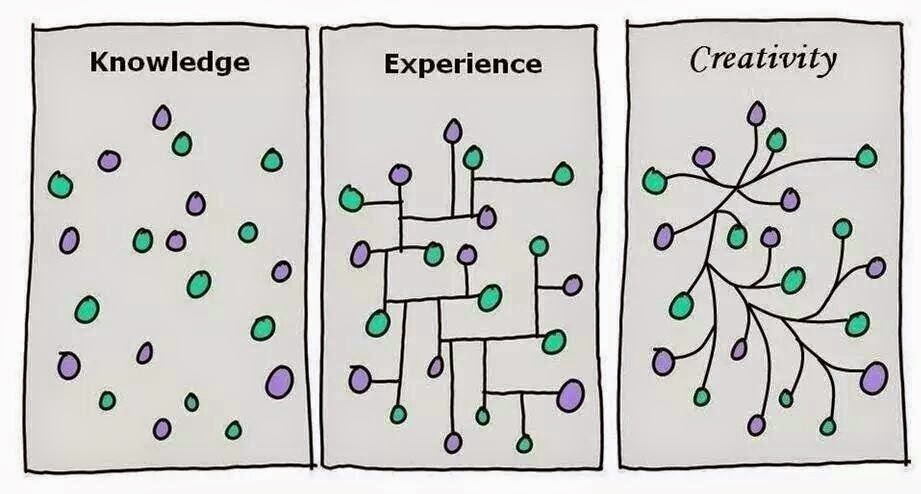Education and development of a nation
Education can have a tremendous effect on the economic development of a country. Here is my plan to encourage students to pursue a higher education degree.
"Education is the most powerful weapon which you can use to change the world." - Nelson Mandela
In evolving a plan to encourage students to pursue a higher education degree, I propose a multi-pronged approach with government, educational institutes and industry acting as key partners in this 'agenda for change'.
An important aspect of this proposed plan is the key involvement of state government as a central agency that is essential to its success. Government has to provide interest free scholarships to students who wish to pursue higher education. They should also provide limited 'holiday period' for repayment of the principal amount to account for the fluctuations in the job market. Further to encourage the brightest minds to pursue higher education, a nominal monthly stipend can be provided to take care of the living expenses. Further, as a policy the government can upfront state a preference for candidates with higher education degrees for recruiting to positions in the research sector in government establishments.
It is proposed that government should interact with the universities to ensure a high impact. This interaction is meant to facilitate a speedier implementation of this plan. The universities are also benefitted since an increased demand will result in better quality in the intake of students which will act as a motivator in retention of key talent in teaching cum research positions.
The government should subsidize the tuition fees as well as lower service taxes for courses leading to higher education degrees. The loss in revenue to the exchequer is considered as an investment which is expected to be offset by the indirect returns in the form of economic development. Further, as a quality control measure, the government can provide the universities with guidelines to ensure that the students are sufficiently prepared for either a career in industry or research in academia. The universities should provide family accommodation since the demography of the target group would typically encompass those that either have started or about to start a family. Further age relaxation has to be provided for enrolling onto higher education degrees as it will suitably address the uncertainty in goals and 'midlife crisis' that the individuals of this target group usually go through.
The government can facilitate industry-university collaboration as a 'win-win' solution that on one hand provides universities with projects and funding while on the other hand a cost effective alternative to industries. This can also act as a platform for students to secure full time jobs during such internship opportunities. Further, the government should encourage startup culture by assisting the faculty in academia with sabbatical option as it can further aid in such collaborations. Government can also mandate that the universities should provide an avenue for 'industry sponsored' employees to pursue higher education degrees. An incentive in the form of tax break for organization investing in research in industry can ensure a steady demand of jobs for candidates with higher education degrees.
For this proposed plan to have huge impact and wide reach, it is imperative that initiatives be taken by the government both in the form of policy changes and also executive action. But this need not be a limitation since government is the biggest beneficiary in such a plan. As Benjamin Franklin, one of founding fathers of world's most successful democracy puts it "An investment in knowledge pays the best interest", I would only add that it is true of both the students and the nation.

Comments
Post a Comment